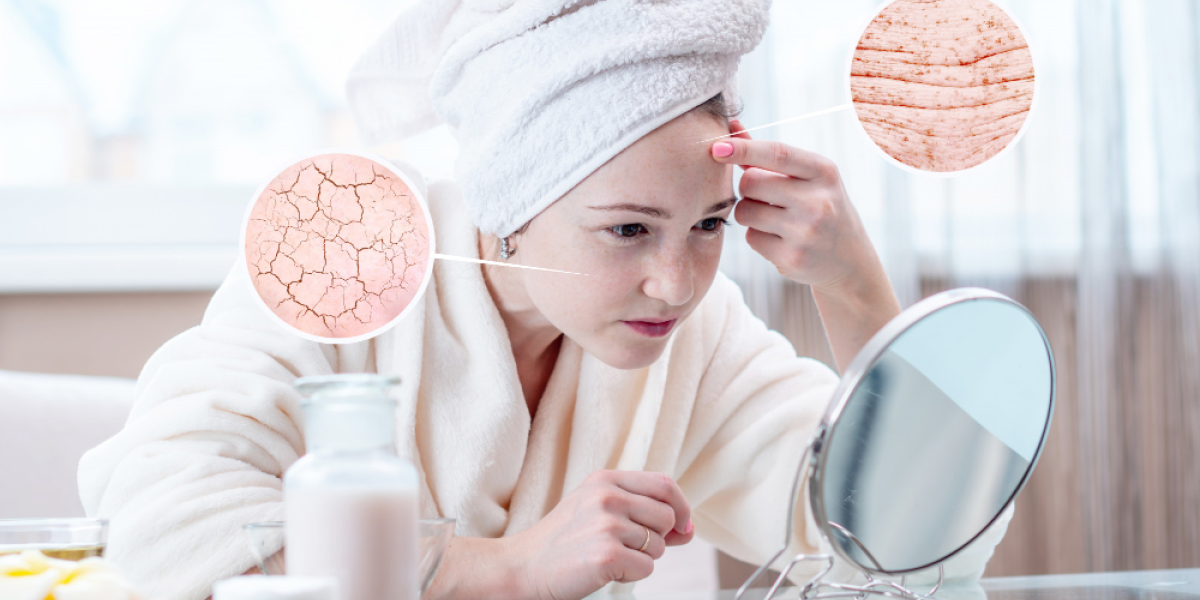
While we often associate stress with mental and emotional consequences, its impact on our physical health, including our skin, is often underestimated. Stress can wreak havoc on our skin, leading to a range of concerns such as acne breakouts, premature aging, and dullness. However, understanding the connection between stress and skin health is the first step toward adopting effective coping mechanisms. In this blog, we will explore the impact of stress on skin health and discuss practical strategies recommended by Dr. Kalyani Katkar from Flourish Skin Hair Laser Slimming Clinic & Institute to manage stress and promote optimal skin wellness.
The Science behind Stress and Skin Health
When we experience stress, our body releases hormones like cortisol, which triggers a cascade of physiological responses. Increased cortisol levels can disrupt the delicate balance of our skin by enhancing inflammation, compromising the skin's protective barrier, and altering oil production. These changes can contribute to a variety of skin conditions, including acne, eczema, psoriasis, and rosacea. Moreover, stress can also accelerate the aging process by damaging collagen and elastin, leading to fine lines, wrinkles, and sagging skin.
Coping Mechanisms for Stress Management
- Practice Relaxation Techniques: Engaging in activities such as deep breathing exercises, meditation, and yoga can help reduce stress levels and promote a sense of calm. These techniques encourage relaxation, reduce cortisol production, and alleviate stress-related skin issues.
- Exercise Regularly: Physical activity releases endorphins, which act as natural stress relievers. Regular exercise not only improves overall well-being but also enhances blood circulation, delivering essential nutrients and oxygen to the skin. This, in turn, promotes a healthy and radiant complexion.
- Prioritize Sleep: Adequate sleep is crucial for stress management and skin health. During sleep, the body repairs and rejuvenates itself. Aim for 7-8 hours of quality sleep each night to help your skin recover from daily stressors and maintain its natural vitality.
Adopting a Skincare Routine for Stress-Prone Skin
Dr. Kalyani Katkar emphasizes the importance of a well-rounded skincare routine tailored to address stress-related skin concerns. This includes:
- Cleansing: Use a gentle cleanser to remove dirt, oil, and impurities without stripping the skin of its natural moisture. Avoid harsh products that can exacerbate skin sensitivity.
- Hydration: Opt for a moisturizer with hydrating ingredients to nourish and protect the skin barrier. Look for ingredients like hyaluronic acid and ceramides, which help retain moisture and strengthen the skin's resilience.
- Sun Protection: Apply a broad-spectrum sunscreen with at least SPF 30 daily to shield your skin from harmful UV rays. Sun protection is vital in preventing premature aging and reducing the risk of skin cancer.
Stress can significantly impact our skin health, causing various concerns that affect our overall well-being and self-confidence. By understanding the relationship between stress and skin, we can adopt effective coping mechanisms to manage stress levels and promote optimal skin wellness. Dr. Kalyani Katkar recommends incorporating relaxation techniques, regular exercise, and prioritizing sleep into our daily routines.
Additionally, a skincare regimen customized to address stress-related skin issues can help restore and maintain a radiant and healthy complexion. Remember, self-care goes beyond the surface, and by prioritizing stress management, you are taking proactive steps toward nurturing your skin and enhancing your overall quality of life.

